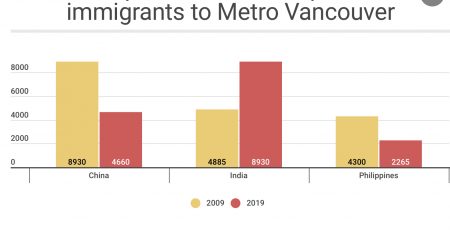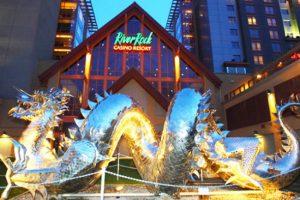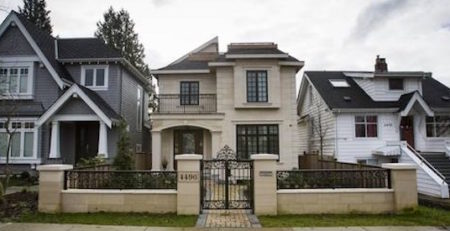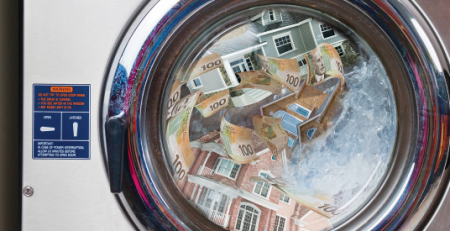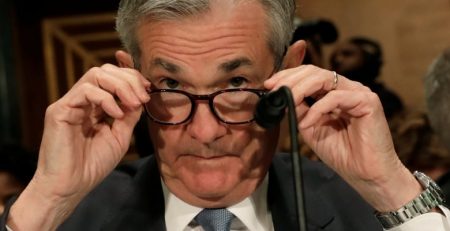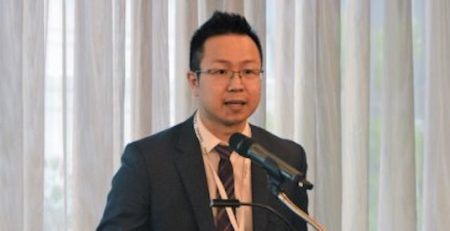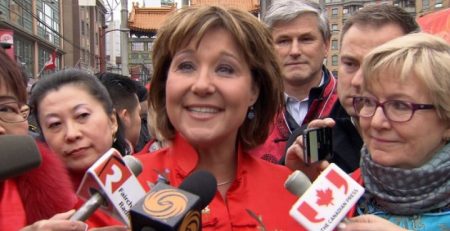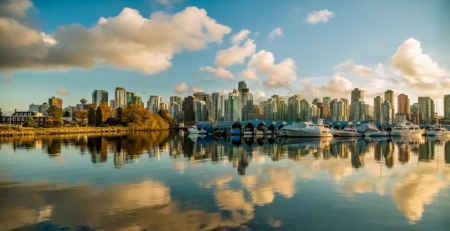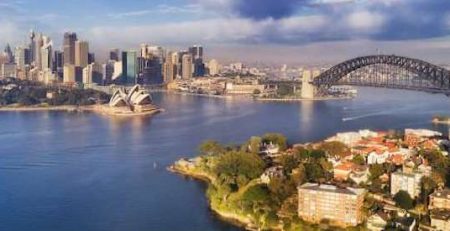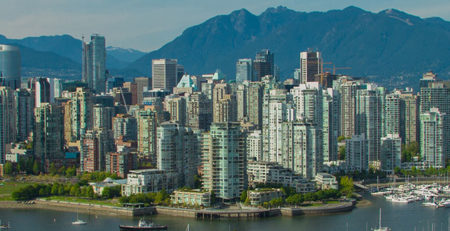Who owns these multimillion-dollar properties in Vancouver? With this new registry, the public could soon find out
[Star Vancouver – March 10, 2019]
VANCOUVER—Perched on the top of a glass tower in Vancouver’s Coal Harbour neighbourhood, the 6,459-square-foot condo is a glittering glass mansion in the sky, featuring two-storey-high windows with stunning views of the North Shore mountains, four bedrooms, three bathrooms, and a walk-in closet as big as some studio apartments.
Penthouse 1, at the top of the Fairmont Pacific Rim on Cordova St., is worth $28-million, making it the third most expensive condo in Vancouver. Who owns it is a mystery. Land title documents show the property is owned by a company called Leemar Investments FZE, registered in a low-tax, free-trade zone called the Jebel Ali Free Zone in the United Arab Emirates, and that the current owner didn’t use a mortgage to buy the property.
Vancouver-based lawyer Richard Goluboff, who signed title transfer documents for the property in 2013, did not respond to requests for comment.
Experts say this kind of secretive ownership is a problem when it comes to tackling tax evasion and money laundering. In British Columbia, property owners can shield their identity by arranging for family members to hold property titles; by creating holding companies where the sole director is an intermediary, like a lawyer; or by using offshore companies or trusts in tax havens that do not share information about company ownership.
All these shields can conceal the source of the money used to pay for properties, and it’s a common practice, especially for the most exclusive addresses. A 2016 report by the anti-corruption advocacy group Transparency International Canada found nearly half of B.C.’s 100 most expensive properties used corporate structures that concealed the owners’ identities.
The provincial government has proposed legislation that would make B.C. the first jurisdiction in Canada to lift the veil on secretive property ownership and create a public registry showing “the individuals who fundamentally own and control the land.”
The move comes after revelations that billions in “dirty money” from the proceeds of crime were likely laundered through the province’s casinos for years; the province is now probing the extent of suspected money laundering in the real estate industry.
B.C.’s high-value real estate sector is also at risk of being used for tax evasion, according to the Canada Revenue Agency. Between April 2015 and December 2018, the agency recovered $310-million in taxes from auditing activities related to real estate in B.C., compared to $547-million recovered in Ontario, a province that has nearly three times as many residential properties as British Columbia.
“The only way money laundering can occur in the real estate sector is being able to hide or conceal who the actual owners are,” said Garry Clement, a former RCMP officer who served on the force for 30 years and retired as the national director of the force’s proceeds of crime unit. He still works in the field as a private investigator.
“We had lots of cases where real estate, or other high-value items such as luxury cars, fairly valuable paintings, and jewelry were all part of the money-laundering cycle for organized crime groups.”


